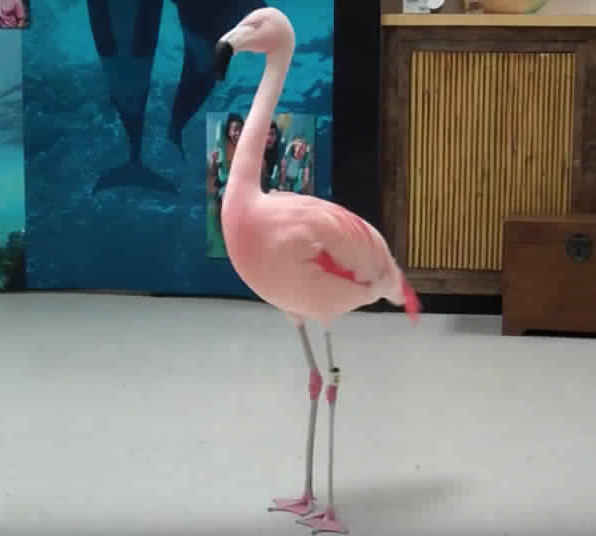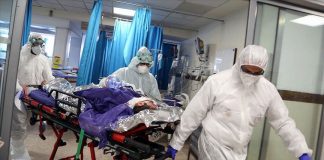Astronomers have detected regular pulsations in a class of intermediate-sized stars known as delta Scutis that has until now puzzled scientists.
Using data from NASA’s Transiting Exoplanet Survey Satellite (TESS), an international team led by Australia’s University of Sydney obtained brightness measurements of thousands of stars, allowing them to find 60 whose pulsations made sense.
The findings, they say, are an important contribution to our understanding of what goes on inside the countless trillions of stars across the cosmos.
In the past few decades, the growth of asteroseismology has allowed astronomers to detect the internal oscillations of stars, revealing their structure, by studying stellar pulsations using precise measurements of changes in light output.
However, while many pulsations have been detected from the delta Scutis, no clear patterns have emerged. “It was a mess, like listening to a cat walking on a piano,” says Tim Bedding, lead author of a paper in the journal Nature.
TESS’s precise data, he says, allowed the team to cut through the noise. “Now we can detect structure, more like listening to nice chords being played on the piano.”
The stars in question, which are named after a variable star in the constellation Scutum, are about 1.5 to 2.5 times the mass of the Sun and from 60 to 1400 light-years away from Earth.
Bedding’s colleague and co-author Daniel Hey designed software that allowed them to process the TESS data: “all 92,000 light curves, which measure a star’s brightness over time”.
The identification of regular patterns in these intermediate-mass stars will expand the reach of asteroseismology to new frontiers, Bedding says. For example, it will allow us to determine the ages of young moving groups, clusters and stellar streams.
“Our results show that this class of stars is very young, and some tend to hang around in loose associations.”













